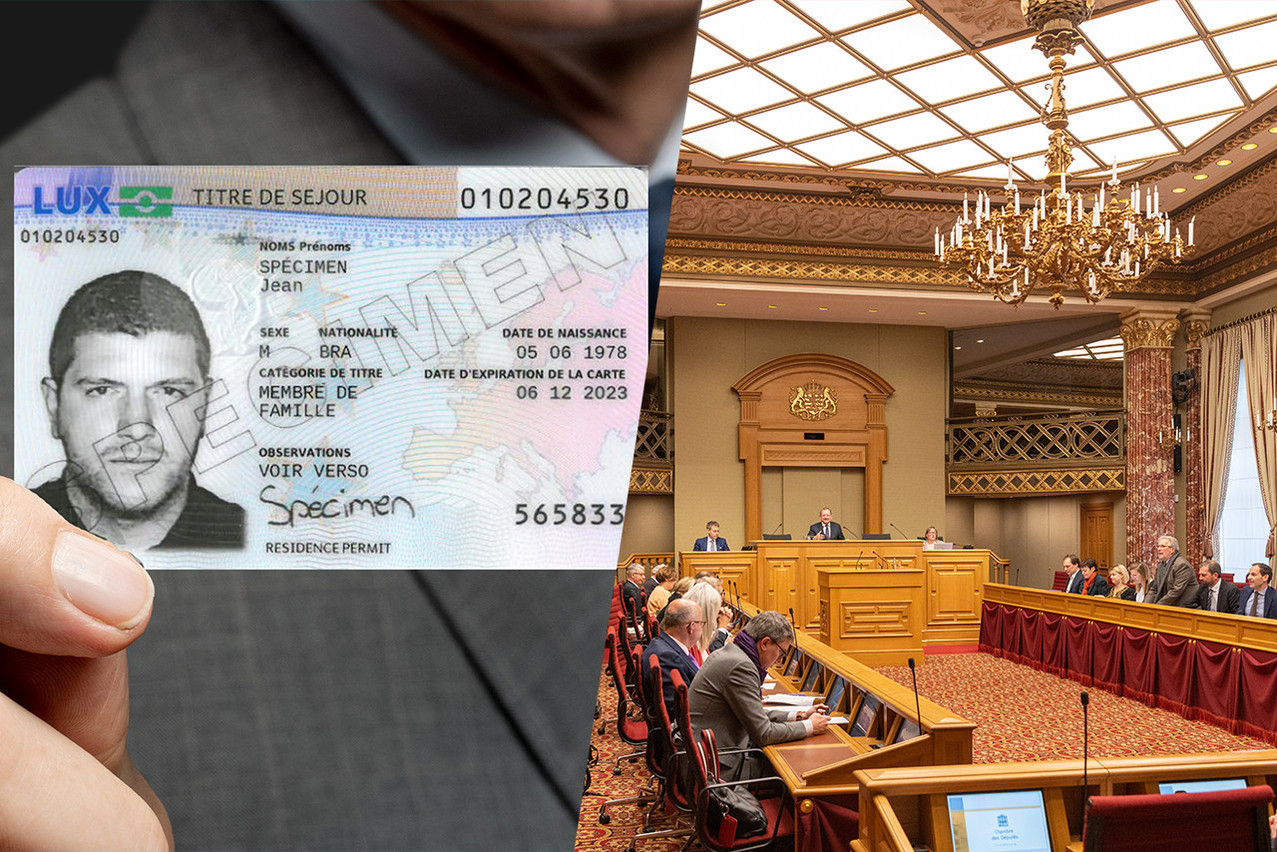This was stated by the minister for foreign and European affairs and immigration and asylum, (LSAP), in a parliamentary reply. This should simplify their integration, but also their recruitment by companies that are short of labour.
When is it due?
“The draft law is being finalised and should be tabled soon if it is approved by the government council,” the ministry of foreign affairs told Delano’s sister publication Paperjam.
What does the law say at the moment?
“According to Article 45 of the Treaty on the Functioning of the European Union, EU citizens have free access to the labour market. Members of the family of an EU citizen, whatever their nationality and if they have the right of residence, have the possibility of exercising an employed or self-employed activity without being obliged to carry out any administrative procedure whatsoever,” summarises Asselborn.
In contrast, for third-country nationals, “a residence permit with a view to exercising an employed activity can only be requested when the employment administration has established that there are no available candidates on the labour market capable of filling the post.”
Why this difference?
When the law of 29 August 2008 on the free movement of persons and immigration was drafted, “the labour shortage was not on the agenda, with a greater number of EU citizens still available on the labour market”, the minister says in his parliamentary reply.
How will the new text simplify matters?
Family members of third-country nationals will have the same access to the labour market as those from EU countries. Once they have obtained their residence permit, they will be able to take up a job without the company having to justify that it has not found a candidate for the post in question.
How far does the notion of “family” go?
The ministry lists the following as family members: “The spouse and the partner assimilated to them by law, direct descendants and dependent direct ascendants as well as those of the spouse or partner assimilated to them”. The minister may also authorise, under certain conditions, the stay of other members, including a partner who does not fall within the above definition.
How many people are affected by this issue?
In 2022, 3,011 residence permits were issued to third-country nationals in the context of family reunification with another third-country national. Currently, 499 third-country jobseekers are registered as family members without a work permit at Adem.
However, the ministry does not have data on the number of family members of third-country nationals who obtain an employment permit each year. Nor on the average length of time to receive it.
Will this solve all the problems of recruiting foreign workers?
No. Because before family reunification, there is the question of obtaining a residence permit. Future employees, whether qualified (the “European blue card” system) or not, who apply for it face a processing time of up to four months. “This delay can cause employers to lose one or more of their recruits, who are in great demand on the global labour market,” explains the Fedil . Not to mention the cost of living and the difficulty of access to housing, which can slow down some potential candidates.
This story was first published in French on . It has been translated and edited for Delano.
